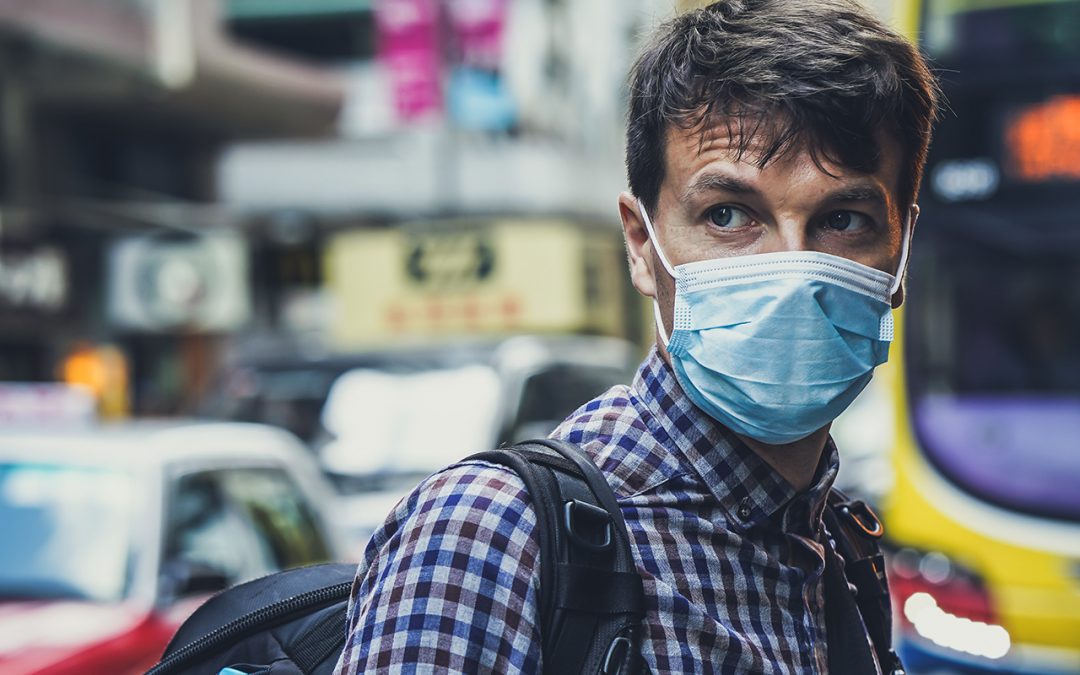As we begin to enter April of 2021, who would have ever thought after the tumultuous year of 2020 we would be somewhat in the same place. Yes—things have gotten better but the pandemic isn’t over as most would have expected. Covid cases continue to increase, unemployment rates, and most importantly depression and anxiety rates are higher than they have been before. The pandemic isn’t over—neither is my depression and anxiety.
The past year and few months have offered a great deal of challenges and individuals mental health have suffered a great deal. It’s hard to believe that just about twelve months ago people were planning trips, weddings, baby showers that quickly turned into funerals, months of isolation, loss of connections, and much more. If you’re anything like me, a realist, you know that January 2021 wouldn’t wipe away everything that easy. But if you’re also an optimist, you thought things would change drastically. To say the least, the world has transitioned to some extent but there is still a global pandemic that continues to contribute to the 19.4 million Americans who suffer from depression and estimated 48 million who experience anxiety, according to the National Alliance on Mental Illness. People experiencing these mental health disorders try to make peace with their human existence shifting and rearranging while crying, feeling hopeless, worry of sickness or anything else happening that is out of their control.
The pandemic isn’t over yet and even if you do not live with a mental disorder that affects your daily functioning, to some capacity this past year has triggered symptoms of these illnesses. Think about the extroverts who thrive off community, groups, and gatherings. Those norms quickly change and requiring them to adjust. Or what about those being abused at home which induces a high level of anxiety and not know the next day they can escape what feels like the walls closing in on them. Maybe even the individual who fears the inability to breathe now concerned with wearing a mask or their breath being stripped of them if they came in contact with the coronavirus. So much with this global pandemic and it isn’t over yet.
Of course in the year 2021, several vaccines have been created, testes, and tried for its efficacy to combat this deadly pandemic but we still lie in the trenches of the unknown. That alone increases anxiety and takes you down the path of what things used to be. Not only has the pandemic caused an increase in depression, anxiety, or other altered moods it has place a huge impact on guilt. Many people attempting to decide what is best for their lifestyle has created frenzy in making the appropriate choice. When you think about how the pandemic has shaped our understanding of things it is safe to say it has reminded anyone to never take life for granted.
As you reflect on this past year, think about how your mood has changed. Do you suffer from depression or anxiety when you never once before. How have your family and friends managed knowing this challenge has not gone away completely. Or how many times have you found yourself saying, “I’m so tired of wearing these masks” but recognize this will be your normal for a while. It is absolutely normal if at least one of these thoughts have transmitted through your brain. The important part to maintaining a healthy mind is identify, recognizing, and understanding the triggers. We often try to combat our health ourselves without being aware of what started these hard times in the first place.
One thing this year has taught me as therapist is I can’t take life for granted and to continue to professionally and authentically model that for my clients. Healthy and appropriate modeling helps reduce symptoms of depression and anxiety. As you take a moment to become aware of the inconsideration the pandemic has cost you recognize you are not alone in those thoughts and feelings.
So yes, covid cases, racism, and inflated rates of mental illness continue to rise but it does’t mean you have to remain in that place forever. Below are some healthy ways to take care of your emotional and mental health needs as you maneuver through the continue widespread of uncertainty.
- Take a walk outside while properly socially distancing
- Take deep breaths
- Practice mindfulness
- Increase water intake
- Get as much sunshine (Vitamin D) as possible
- Maintain appropriate medication compliance
- Join virtual support groups
- Visit a family member or friend safely
- Engage in hobbies that are fun,
- Lastly, Be kind to yourself! Remind yourself this pandemic has created distress in so many people and you are not alone!
Although the pandemic isn’t over, you get to choose how to manage your depression or anxiety so it can no longer control your daily function.
Always remember to be kind to yourself and listen to what your body needs!

